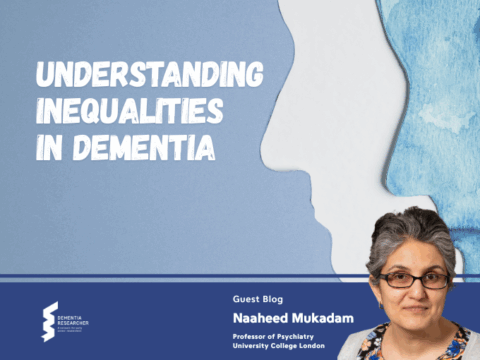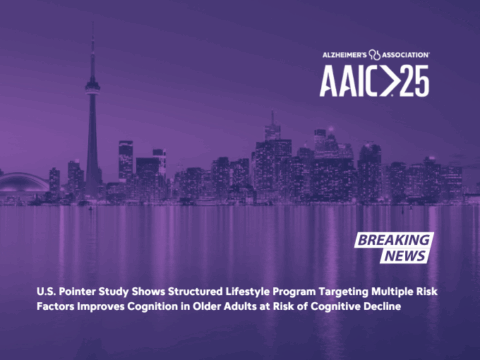The 2024 update of the Lancet Commission on dementia provides new hopeful evidence about dementia prevention, intervention, and care.
As people live longer, the number of people who live with dementia continues to rise, even as the age-specific incidence decreases in high-income countries, emphasising the need to identify and implement prevention approaches.
Professor Gill Livingston et. al. have summarised the new research since the 2020 report of the Lancet Commission on dementia, prioritising systematic reviews and meta-analyses and triangulating findings from different studies showing how cognitive and physical reserve develop across the life course and how reducing vascular damage (eg, by reducing smoking and treating high blood pressure) is likely to have contributed to a reduction in age-related dementia incidence.
Evidence is increasing and is now stronger than before that tackling the many risk factors for dementia that we modelled previously (ie, less education, hearing loss, hypertension, smoking, obesity, depression, physical inactivity, diabetes, excessive alcohol consumption [ie, >21 UK units, equivalent to >12 US units], traumatic brain injury [TBI], air pollution, and social isolation) reduces the risk of developing dementia. In this report, we add the new compelling evidence that untreated vision loss and high LDL cholesterol are risk factors for dementia.
Read the Full ReportLancet Commission Info Graphic

 Print This Post
Print This Post




